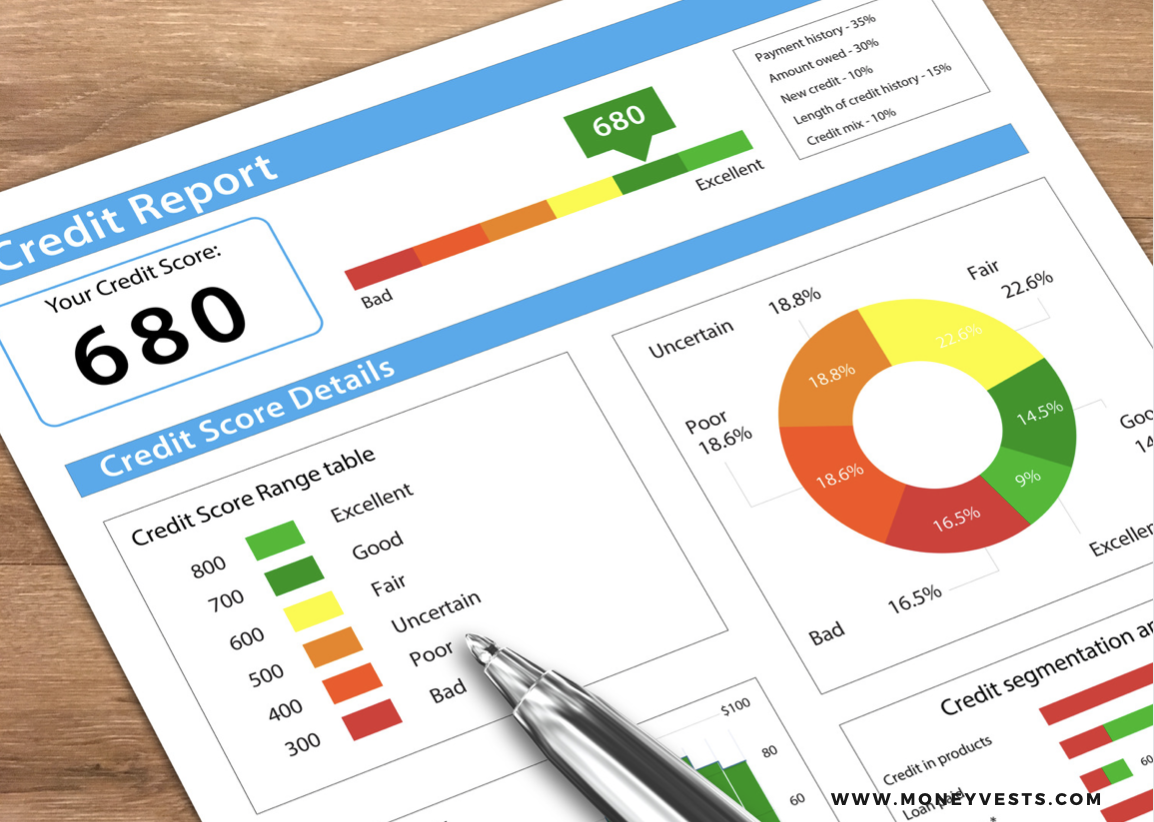What You Need to Know About Charge Offs on Your Credit Report
You’ve heard about charge offs on your credit report, but how can you get it removed? This derogatory entry on your credit report can affect your future loan eligibility, rental options, and car insurance rates.
Fortunately, there are several ways to remove charge offs from your credit report. Let’s look at three of the most popular. Here’s what you need to know about them and how to fix them.
Unpaid charge-offs can hurt your ability to qualify for new credit
The negative impact that unpaid charge-offs can have on your credit score and ability to get new credit is significant. Many lenders refuse to offer new credit to individuals with charge-offs on their credit reports.
Mortgage lenders, in particular, require charge-off borrowers to pay off their charge-offs in full before the loan can be approved.
Although charge-offs aren’t permanently deleted from your credit report, they will continue to show up on your report for seven years. To avoid this, you should check your credit reports regularly and dispute inaccurate charge-offs.
The best way to handle charge-offs is to make monthly payments. It can take several years to fully recover from a charge-off, so it’s critical to pay your bills on time every month. You can also use this recovery period to build your credit score. But remember that charge-offs can hurt your ability to qualify for new credit, so it’s vital to be patient and persistent.
Unpaid charge-offs remain on your credit report for seven years
If you have recently had a late payment, charge-off, or other negative item on your credit report, you should know that this information will remain on your report for seven years.
Even if you have paid off your account, the information will remain on your report and may make it difficult for you to obtain a loan in the future. It may even negatively impact your credit score.
To avoid the negative impact, pay off all charge-offs within seven years.
You can pay off charge-off accounts through the account owner’s website. Most creditors will remove charge-offs from your report if you pay them in full. But in some cases, they claim that this is not possible and the charge-off account will remain on your report.
You can also dispute these charge-offs in the event that you were unaware that they were charge-offs in the first place.
Unpaid charge-offs are viewed favorably by lenders
Charge-offs are negative entries on your credit report that stay for seven years after the initial delinquency date. You can pay off your debt and your account will be viewed favorably by future lenders.
Changing the status of the account to “paid” will stop collection calls and close the indebted account. Although paid charge-offs remain on your credit report for seven years, they are considered less negative by some lenders than unpaid charge-offs.
While paying a charge-off may not immediately improve your credit score, it does raise your score.
If you have many open accounts and a small balance, your creditor may be more likely to consider your request without a settlement.
You can also dispute inaccurate charge-off reporting and ask the credit bureaus to investigate. Lenders will look more favorably on you if you have paid off a charge-off.
How to remove a charge-off
If you’ve ever questioned how to remove a charge-off from your credit report, you may have to first determine whether the account is legitimate. If it is, you have several options.
First, you can try to negotiate with the creditor to update or remove the information. You may also be able to negotiate to remove the charge-off entirely if the debt collector agrees to a pay-for-delete arrangement.
Another option is to write a goodwill letter to the creditor to explain why you paid the balance, which will be removed from your report.
Often, creditors agree to delete a charge-off if you pay more than the original balance. This process is known as “pay for deletion,” and it will require you to contact the creditor’s company and request a written agreement.
By paying off your debt sooner rather than later, you will avoid the charge-off from continuing to weigh on your credit report.
How to dispute a charge-off on your credit report
Disputing a charge-off on your credit report is relatively simple. You can do this by contacting one of the three major credit bureaus and providing proof of your dispute.
The credit bureaus will then update their records to reflect your dispute. There are a few different methods to use. Read on to learn how to dispute a charge-off. If you do not know how to dispute a charge-off, you should first contact the credit bureau that reported it.
You can dispute charge-offs yourself or hire a credit repair company to do it for you. The FCRA gives you several rights regarding your credit report, including the right to dispute errors.
You can dispute a charge-off by mailing the credit bureau and providing proof that the information listed is false. You can also submit follow-up disputes and include proof that the charge-off is inaccurate. A legitimate dispute will take no longer than 30 days to be investigated.
Conclusion
We hope you enjoyed this article on Why use a consultant for your Business?
Feel free to share this post!
Fact Check
We strive to provide the latest valuable information for our readers with accuracy and fairness. If you would like to add to this post or advertise with us, don’t hesitate contact us. If you see something that doesn’t look right, contact us!





